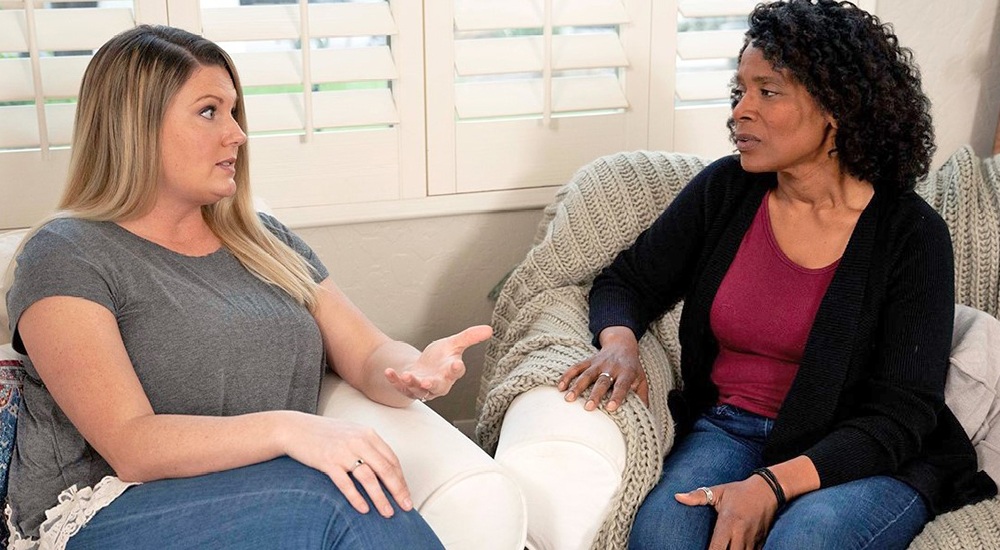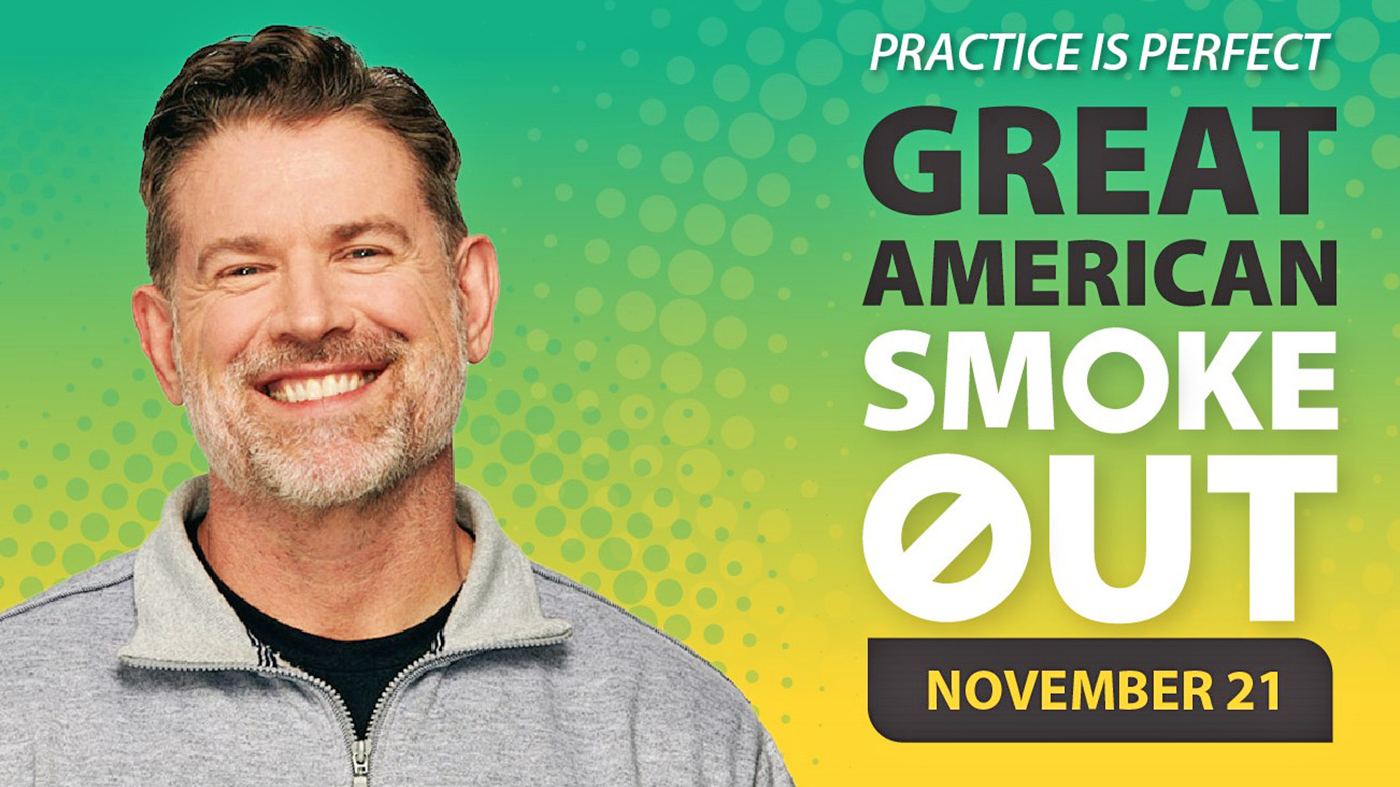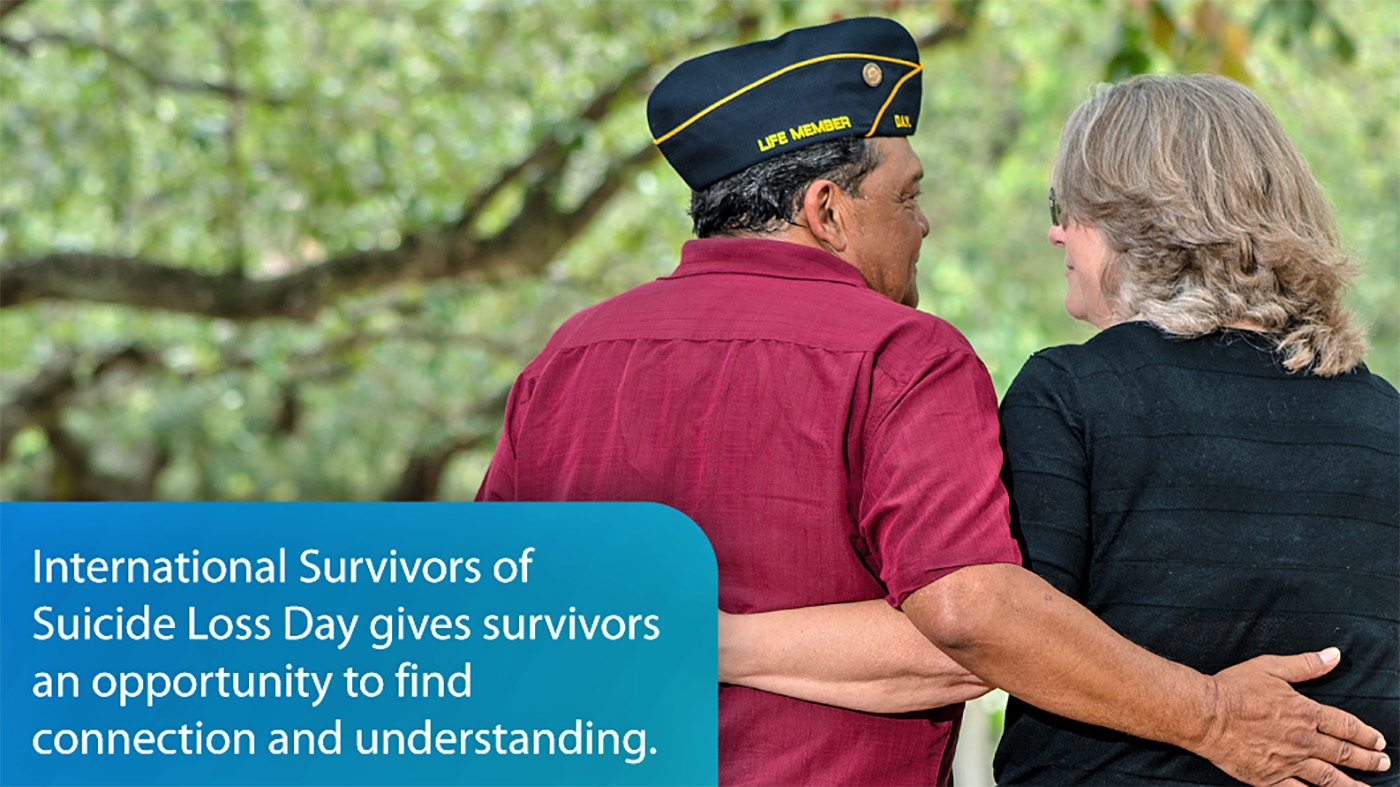Life can be stressful and it’s not surprising that a service member or Veteran might use alcohol in an attempt to unwind. When consistent with your doctor’s advice, drinking alcohol can be safe in moderation, but relying on any substance can be unhealthy and even life-threatening.
If alcohol use is affecting your life or that of a Veteran you care about, know that VA has a variety of proven therapies that can help.
What are the risks of drinking too much?
Although not everyone who drinks experiences problems related to alcohol, drinking can be a slippery slope, one that has resulted in alcohol use disorder for millions of Americans. People use alcohol for all sorts of reasons, but when someone drinks in an attempt to manage their stress, worries or mood, it can be counterproductive and a sign they may need to make a change in their drinking.
In addition to its effects on mental health, excessive alcohol use can increase the risk of physical health conditions such as stroke, cancer, and heart disease, as well as accidents or injuries.
How much drinking is too much?
VA, along with the Centers for Disease Control and Prevention recommends the following drinking limits for men, women and all adults age 21 and older:
- Men age 64 or younger: no more than two drinks* per day;
- Women age 64 or younger: no more than one drink* per day;
- Adults age 65 or older: no more than one drink* per day.
One drink =
- 12 ounces of regular beer, which is usually about 5% alcohol;
- 5 ounces of wine, which is typically about 12% alcohol;
- 1.5 ounces of distilled spirits, which is about 40% alcohol.
All of these recommendations are based on averages. What is safe for you or for your loved one may vary based on medications being taken, physical and mental health challenges and general life circumstances. For example, pregnant women should not drink.
What are the signs of a drinking problem?
There are common warning signs that may indicate alcohol use disorder. If you notice any of these red flags in yourself or in a Veteran you know, it may be time to speak with a VA provider about unhealthy alcohol use:
- Having difficulty cutting down on drinking.
- Spending a lot of time obtaining, drinking or recovering from drinking alcohol.
- Feeling a strong craving for alcohol or the urge to experience its effects.
- Not fulfilling responsibilities at work, school or home due to alcohol use.
- Continuing to drink after acknowledging that it’s causing social, occupational or health problems.
- Giving up or reducing participation in social and work activities and hobbies due to alcohol use.
- Using alcohol in situations where it’s not safe, such as while caring for children, driving or swimming.
- Needing more and more alcohol to achieve the desired effect (i.e., developing alcohol tolerance).
- Experiencing withdrawal symptoms — such as nausea, sweating and shaking — when not drinking, or drinking to avoid these symptoms.
What support is available at VA?
Because everyone’s path to recovery is different, VA offers a variety of treatment options that can be tailored to fit each person’s needs, preferences and situation. Some of VA’s proven treatments have been adapted specifically to help change drinking behavior. Among the treatments a provider may recommend are:
- Cognitive behavioral therapy for substance use disorders, a treatment that teaches Veterans how to develop helpful coping skills along with healthier and more balanced thoughts and emotions about themselves, others and the future. This therapy can help Veterans use a problem-solving approach to overcome alcohol misuse and achieve personal goals.
- Motivational enhancement therapy, a treatment that focuses on the reasons behind the Veteran’s desire to change their drinking behavior and on the potential benefits of that change.
- Medications, including naltrexone, topiramate, acamprosate and disulfiram, that work in different ways, with some helping to reduce the desire to drink (cravings).
If alcohol use is having a negative effect on your life or the life of a Veteran you care about, take the next step by exploring what resources and treatments VA has to offer.
Resources:
- For more information on treatment for alcohol misuse, visit the substance use page on the VA mental health website.
- Visit the Make the Connection website to hear Veterans’ stories of hope and recovery.
- The Veterans Crisis Line connects Veterans and service members in crisis, and their family members and friends, with qualified, caring VA responders through a confidential toll-free hotline, text-messaging service or online chat — available 24/7. Dial 988 then press 1, chat live or text 838255.
- SAMHSA’s National Helpline offers confidential, free help from public health agencies that can point you to substance use treatment and information. Call 1-800-662-4357.
Topics in this story
More Stories
For the Great American Smokeout, explore VA resources and learn why every attempt to stop smoking is a step toward success.
If you’ve lost a loved one to suicide, resources and support are available to help you cope during your grieving and healing.
Army Veteran Denis Velez donated a painting of his VA hospital as a way of giving back for his treatment there.








There are shelters and places the Veterans are living that provide the alcohol and drugs for them.
No one is overseeing these places the Veterans are living and the millions of dollars they receive every year.
People are making too much money to change the system to care.
Denile is not a river in Egypt. Yes, anonymity is possible. It is someone else’s fault for my problem. Shame on you for telling me that I can get help. Thank you so much VA for helping me when I asked for help. You are not paid enough. You helped me with a simple request, “Help me God” . Today, 31 years later, it is “Thank you God and thank you VA for your help.”
No joke.
34 years sober in AA. controlling drinking is sheer folly for an alcoholic.
Is anonymity possible??
Are you joking? The VA is my #1 trigger. They drove me to drinking.
Are You telling Me that Topiramate Helps Alcohol Cravings?
Absolutely!!!!!!
It seems to me everything you said is we are losers I need help not to be put down
VA health care in Palo Alto /Menlo park has wonderful in patient programs!
They saved my life
I think that the VA is so full of it to come up with this crazy idea of telling alcoholics that clearly have a problem with alcohol, how they can teach you how to control your addiction to alcohol or drugs, shame on you fraudulent doctor or whoever created this lie.
I had a fire in March of last year. I had a drink thqt night and before it became a problem I asked for a outpatient Librium pills (8) over a year and a half, begging for help that I found out city hospitals and even urgent care gives 14 on day one. primary care and psychiatrist are useless takes 6 to 7 weeks for an appointment. Actually cried at the quality of care given by local New York City hospitals medical care compared to the VA hoapital. Over 10 years wasted at VA who only aee us as a paychecki?
No mention of self-help groups as a resource. New research supports AA as more effective for long term sobriety than all other listed modalities.
I totally agree 22 years 6 months as a result of the 12 steps program of recovery
Your nearest Vet Center has support groups.